Going cold turkey on the sweet stuff: Should you do a sugar detox?
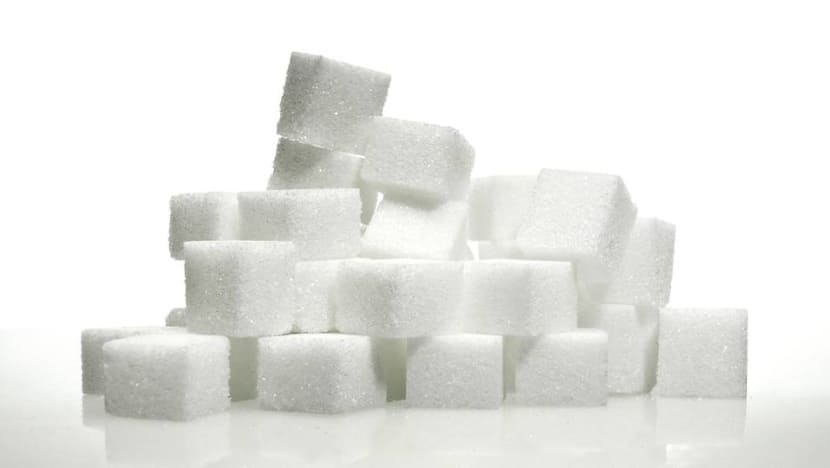
(Photo: Pixabay/Hamusak)
SINGAPORE: Singaporeans are enjoying the sweet life a little too much.
The average person here consumes more than 1,500 teaspoons of sugar from sugar-sweetened beverages (SSB) every year, according to the Ministry of Health (MOH). SSBs include soft drinks, juices, coffees and teas.
That’s about four teaspoons a day, which doesn’t seem like much until you consider that the World Health Organization’s recommended sugar intake for adults is six teaspoons, or 25g, a day.
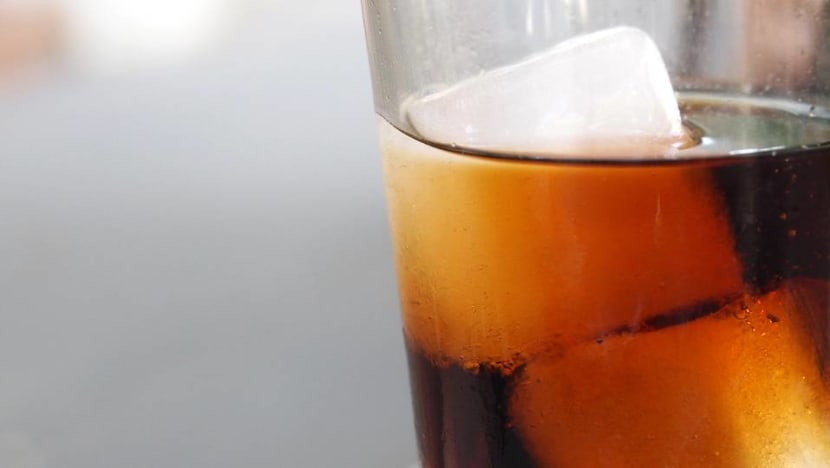
HIDDEN SUGARS
The reason for the high sugar consumption could be ignorance. "People don't realise that seemingly healthy foods are loaded with sugar, and so we're basically eating sugar all day long, from morning till night," Brooke Alpert, dietitian and co-author of the book The Sugar Detox: Lose the Sugar, Lose the Weight - Look and Feel Great, told CNN.
Fruit juices with no added sugar are examples of such “healthy” foods: A 250ml carton of apple juice can contain more than 20g of sugar, bringing it close to your daily sugar limit.
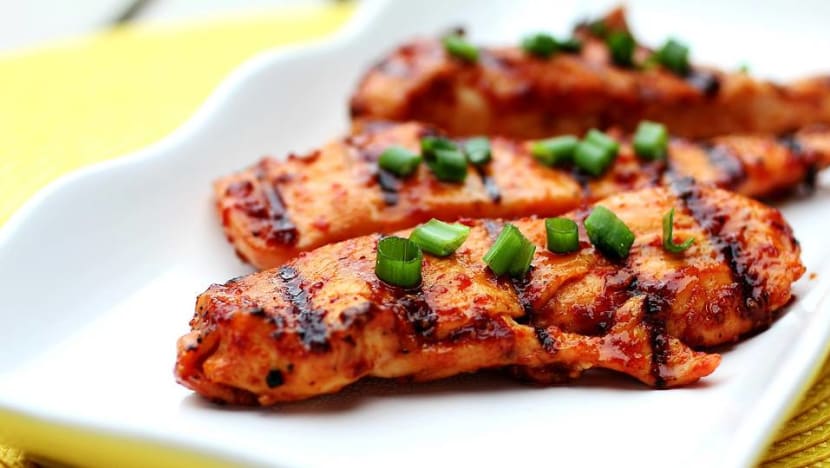
“Food that is highly processed, abundant, easily available and served in large quantities of calorie-laden meals, often have hidden sugars such as corn syrup to enhance flavours,” said Dr Melvin Look, the director of PanAsia Surgery Group at Mount Elizabeth Hospital, Mount Elizabeth Novena Hospital and Parkway East Hospital.
And here’s the clincher: We can get addicted to sugar.
“About 10 per cent of people exposed to a developed country’s diet and lifestyle may be addicted to sugars,” said Dr Look, who is also a consultant surgeon in gastrointestinal, laparoscopic and obesity surgery.
“At the neurobiological level, sugars and sweetness can induce reward and craving similar to the effect of addictive drugs. Many people cannot control their consumption of sugar-laden foods when they are continuously exposed to them,” he told Channel NewsAsia.
THE BENEFITS OF REDUCING SUGAR INTAKE
Besides keeping diabetes in check, the benefits of consuming less sugar are wide ranging. For instance, too much sugar can raise blood pressure, highlighted a 2014 report in The American Journal of Clinical Nutrition.
People who consume a lot of added sugar are more likely to have lower levels of high-density lipoprotein (HDL) or good cholesterol, and higher levels of low-density lipoprotein (LDL) or bad cholesterol, according to a 2010 paper by Emory University in Atlanta, Georgia. These individuals are also likely to have higher levels of triglycerides that can lead to heart disease.
Another benefit of cutting down on sugar: You may feel more energised. This is because dietary sugars can lower the activity of orexin cells, which induce wakefulness and stoke metabolism, according to a 2008 study by Cambridge University's Department of Pharmacology and Oxford University's Department of Clinical Neurology in conjunction with Aarhus University Hospital. This is why carb-heavy meals like a pasta buffet make you feel sleepy after eating.
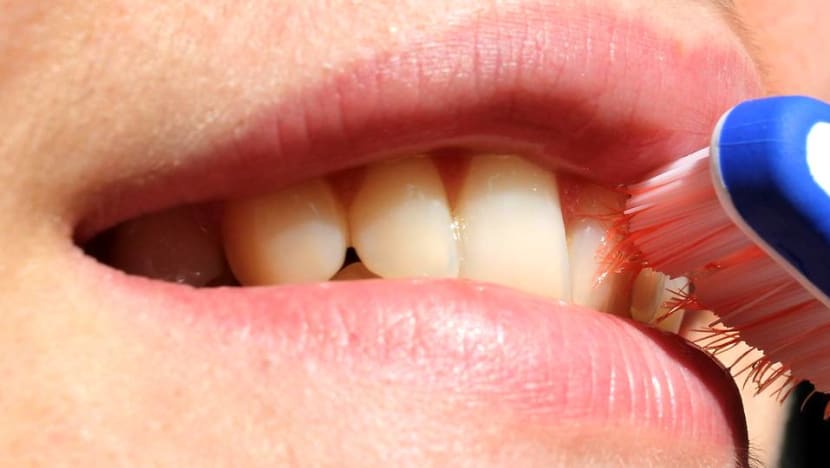
GOING COLD TURKEY
There are sugar detox plans out there to help those interested in cutting down on their sugar intake. One example is Ms Alpert’s month-long sugar detox diet, which she co-wrote with dermatologist Dr Patricia Farris.
Ms Alpert claimed that her diet plan can help with weight loss, in addition to stemming sugar cravings. According to her, those who have detoxed this way lost 2kg to 9kg at the end of the month-long diet, with some also reported having more energy and fewer mood swings.
The diet involves going “cold turkey” on sugar for the first three days. That means cutting out fruits, starchy vegetables (such as corn or potato), dairy, grains and alcohol completely. The rationale is this: When you stop sugar consumption cold, your palate can re-calibrate and you'll start tasting natural sugars again, said Ms Alpert.
Full-fat and unsweetened dairy is allowed afterwards. "Fat, fibre and protein slow the absorption of sugar, so taking out fat from dairy will make you absorb sugar faster," Ms Alpert told CNN.
Over the weeks, fruits and vegetables with higher-sugar content, dark chocolate and red wine are also allowed to re-introduce natural sugar back into the diet.
PROS AND CONS
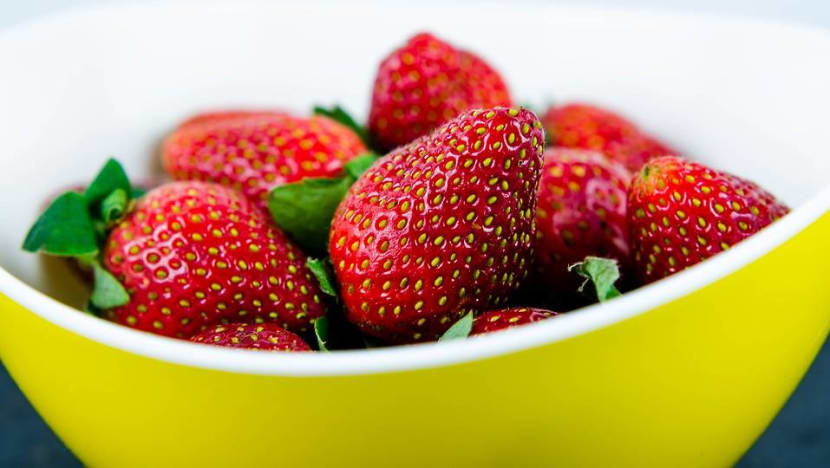
However, a long-term, no-sugar diet is not the best of ideas, said Dr Look. “This means a total exclusion of fruits, starchy vegetables, dairy and grains. This is neither healthy nor sustainable in the long run,” he said. Nevertheless, Dr Look cautioned that sugar detox plans are not for everyone, especially if you are very young, pregnant, or a diabetic on medication.
Khoo Teck Puat Hospital’s dietitian, Chong Sin Tzun, weighed in on why Ms Alpert's cold turkey sugar ban should not extend beyond three days.
“It’s too drastic," she said. "Our body uses sugar and carbohydrates as the main source of fuel. When this dietary source is low, the body will break down body fats and muscle for energy. When this happens, ketones or fatty acids are produced and induce a metabolic state called ketosis. This may cause tiredness, brain fatigue and lead to lower work performance.” Ketones are excreted in urine, said Ms Chong, which is why drinking plenty of water is important if you follow the plan.
She also noted that if you do not exercise mindful eating, you could eat more after the three-day sugar detox compared to what you were eating beforehand.
CAN YOU CUT OUT SUGAR COMPLETELY?
Ms Chong noted that dietitians “do not advocate a no-sugar diet because it is impossible to have a no-sugar diet in literal context”. For instance, fruit and dairy products contain fruit sugar (fructose) and milk sugar (lactose) respectively.
Complex carbohydrates such as brown rice, wholemeal bread, oat and quinoa contain sugar too, but they are also rich in fibre, which may help in lowering cholesterol, regulating blood sugars and controlling blood pressure.
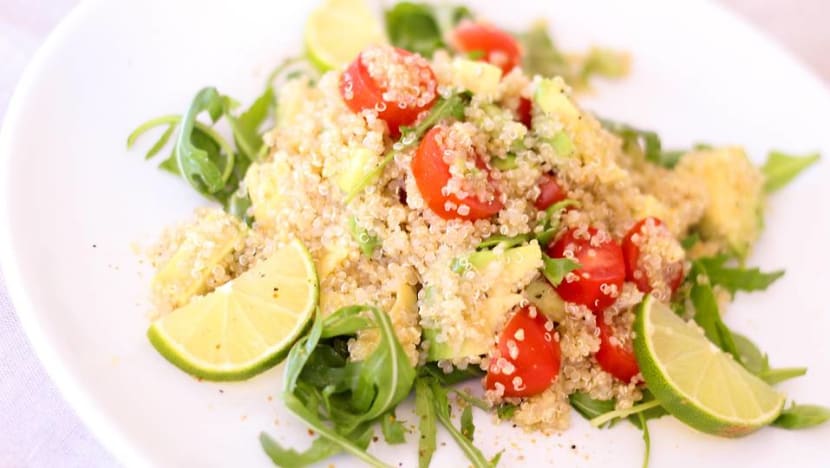
But what is possible to eliminate are added sugars, said Ms Chong.
A good rule to go by is to stick to freshly prepared and wholesome produce, said Dr Look. That means eliminating sweetened drinks, sauces, and virtually all processed and fast foods, he said.
Comparing food labels is another move. For example, the sugar content of several brands of coconut water in the supermarket can range from 3.5g per 100ml to 9g per 100ml.
If you’re unsure about deciphering food labels, organisations such as the Admiralty Medical Centre conduct supermarket tours.
To satiate sugar cravings, Ms Chong recommended keeping a fruit handy to eat as a snack. “Fruits have a natural sweetness, along with fibre and nutrients,” she said. To avoid over-indulging in fruits because they too, contain sugar, pick those that require peeling such as oranges, or a lot of chewing such as apples instead of easy-to-munch options like bananas and grapes.
Ms Chong said it’s OK to have a sweet treat once in a while. “Don’t deprive yourself; just watch the quantity and frequency of eating such occasional treats,” she said.














